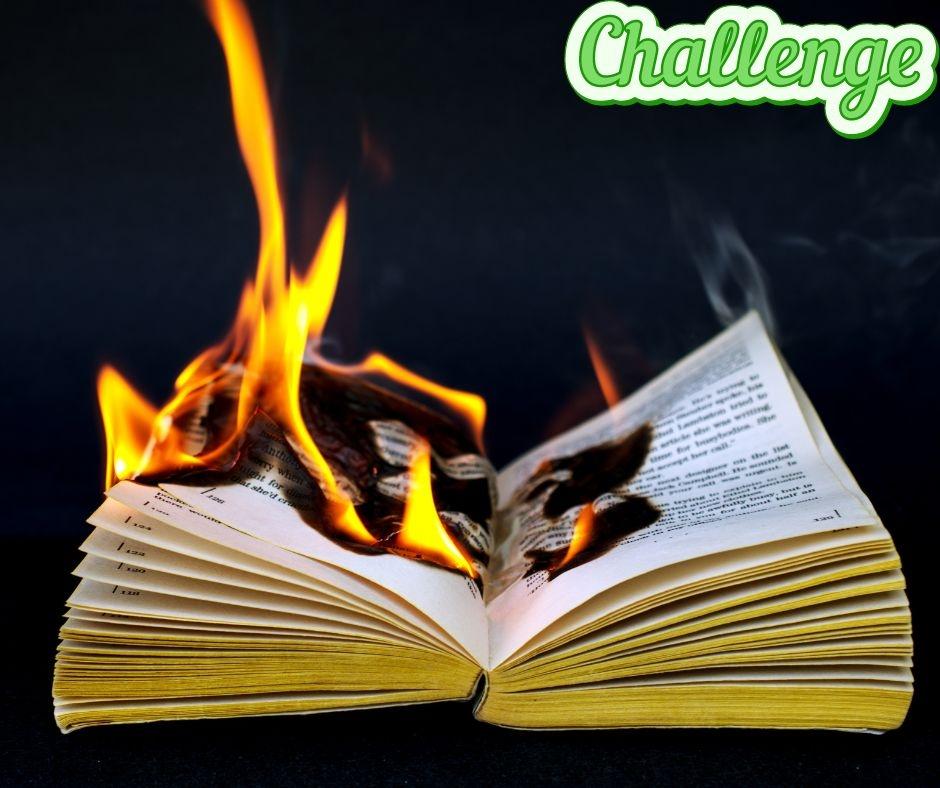🔍 **The Truth About Bias: In Judgment of Others** 🔍
We all have our moments of judgment—forming opinions about others based on limited information. But how often do we stop to question the accuracy of these judgments? Here’s a thought-provoking truth about bias and how it impacts our perception of others:
1. **Snap Judgments**: Our brains are wired to make quick decisions for survival. While this was beneficial in ancient times, it often leads to inaccurate snap judgments in our modern social interactions.
2. **Confirmation Bias**: Once we form an opinion, we tend to seek out information that confirms our beliefs and ignore evidence to the contrary. This can reinforce stereotypes and prevent us from seeing the full picture.
3. **The Halo Effect**: We often let one positive trait of a person influence our overall perception of them, leading to skewed judgments. Conversely, the "horn effect" occurs when one negative trait unduly colors our view.
4. **Cultural Influences**: Our background, upbringing, and culture heavily influence our judgments. Being aware of these biases can help us approach others with more openness and understanding.
5. **Empathy and Understanding**: Taking a moment to empathize and understand someone’s circumstances can drastically change our judgment. Walking in someone else’s shoes, even figuratively, can lead to more compassionate and accurate perceptions.
6. **Continuous Learning**: Educating ourselves about different cultures, experiences, and perspectives can help mitigate our biases. This fosters a more inclusive and respectful environment in both personal and professional settings.
To cultivate a more balanced perspective:
- **Pause and Reflect**: Before making a judgment, take a moment to reflect on whether you have all the information.
- **Seek Diverse Opinions**: Engage with people from diverse backgrounds to broaden your understanding.
- **Challenge Your Assumptions**: Actively question your assumptions and look for evidence that may contradict them.
Understanding and addressing our biases is a continuous journey. By acknowledging our tendencies to judge and actively working to counteract them, we can foster more genuine connections and create a more inclusive world.
Let's commit to being more mindful of our judgments and strive to see the truth beyond our biases.
#BiasAwareness #Judgment #Empathy #Inclusion #PersonalGrowth #ContinuousLearning
---
What strategies do you use to check your biases and make fairer judgments? Share your thoughts and experiences in the comments below! 🌟
🔍 **The Truth About Bias: In Judgment of Others** 🔍
We all have our moments of judgment—forming opinions about others based on limited information. But how often do we stop to question the accuracy of these judgments? Here’s a thought-provoking truth about bias and how it impacts our perception of others:
1. **Snap Judgments**: Our brains are wired to make quick decisions for survival. While this was beneficial in ancient times, it often leads to inaccurate snap judgments in our modern social interactions.
2. **Confirmation Bias**: Once we form an opinion, we tend to seek out information that confirms our beliefs and ignore evidence to the contrary. This can reinforce stereotypes and prevent us from seeing the full picture.
3. **The Halo Effect**: We often let one positive trait of a person influence our overall perception of them, leading to skewed judgments. Conversely, the "horn effect" occurs when one negative trait unduly colors our view.
4. **Cultural Influences**: Our background, upbringing, and culture heavily influence our judgments. Being aware of these biases can help us approach others with more openness and understanding.
5. **Empathy and Understanding**: Taking a moment to empathize and understand someone’s circumstances can drastically change our judgment. Walking in someone else’s shoes, even figuratively, can lead to more compassionate and accurate perceptions.
6. **Continuous Learning**: Educating ourselves about different cultures, experiences, and perspectives can help mitigate our biases. This fosters a more inclusive and respectful environment in both personal and professional settings.
To cultivate a more balanced perspective:
- **Pause and Reflect**: Before making a judgment, take a moment to reflect on whether you have all the information.
- **Seek Diverse Opinions**: Engage with people from diverse backgrounds to broaden your understanding.
- **Challenge Your Assumptions**: Actively question your assumptions and look for evidence that may contradict them.
Understanding and addressing our biases is a continuous journey. By acknowledging our tendencies to judge and actively working to counteract them, we can foster more genuine connections and create a more inclusive world.
Let's commit to being more mindful of our judgments and strive to see the truth beyond our biases.
#BiasAwareness #Judgment #Empathy #Inclusion #PersonalGrowth #ContinuousLearning
---
What strategies do you use to check your biases and make fairer judgments? Share your thoughts and experiences in the comments below! 🌟














